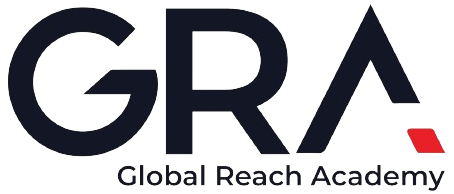Practice using the tools and techniques of formal project management.
Learn the fundamentals and best practices of project management through hands-on, real-world exercises. Ensure that you are delivering business value by assessing a project’s business case, identifying stakeholders and their relationship to your project, capturing product requirements, and establishing quality metrics to guide the development of your product and reassess the business case. Define product scope to provide clarity for project delivery and create a work breakdown structure to define project scope for the team.
Who Should Attend?
- Anyone who is involved in, or affected by, projects or change management within an organization, including project managers, IT project managers, project coordinators, team leaders, product managers, program managers, project team members, subject matter experts, analysts, stakeholders, and senior managers who want to get more out of their project teams
- Anyone in a leadership role who will benefit from an introduction to the art and science of project management
- You should not take this course if you have taken IT Project Management or Applied Project Management. The subjects covered are the same.
What You’ll Learn
- Articulate the relevance of core project management competences.
- Identify key project goals and assumptions and set the stage for value delivery.
- Understand how to identify stakeholders and assess how to engage with them during the project.
- Meet stakeholder informational needs by creating an actionable communication plan.
- Articulate product scope as part of the charter.
- Become familiar with the process of eliciting and capturing requirements.
- Create the WBS and dictionary that would deliver the scope in the project charter.
- Perform a more detailed and systematic assessment of risk.
- Articulate guiding quality characteristics for the project.
- Sequence activities, create schedule, and estimate the cost of the project.
- Manage change in projects.
- Track value delivery in projects.
- Understand the basics of a project retrospective.
By the end of this course, you should have gained a good understanding and experience of the core competencies that make a successful project manager.
Students pursuing a university-recognized and/or accredited certificate in Canada or continuing education units in the US must attend at least 90% of class time, participate in class exercises and section-knowledge checks, and score at least 70% on an end-of-class, multiple-choice assessment.
PMI is a registered mark of the Project Management Institute, Inc.
This is a BYOD course. Students should bring a PC, Mac, or tablet to class in order to access digital course materials. Students can download a copy of the course materials in their MyGK account.
Course Outline
1: Match competence to scenario
2: Evaluate a project business case
3: Identify and assess stakeholders
Stakeholders
Resource management
Teams
4: Develop a communication plan
5: Define product scope
Project charter
Product and project scope
6: Decompose product scope into stakeholder requirements
Requirements
7: Create WBS and dictionary
Work
Work breakdown structure
8: Create risk register
Risk identification and management
9: Establish quality metrics
10: Create an initial schedule and budget
Effort and duration
Estimating effort
Level of accuracy in estimates
Team-based estimation
Scheduling
Estimating cost
11: Review and disposition a change request
Change management
12: Use metrics to reassess the business case
Delivering business value
13: Close out a project
This course qualifies you for the following PMI® Professional Development Units (PDUs):
Leadership = 4
Strategic and Business Management = 3
Technical Project Management = 14
Total = 21
Follow-On Courses
In this training course, you’ll gain the essential preparation needed to pass the PMP and CAPM® exams. Concentrating on exam content from A Guide to the Project Management Body of Knowledge, (PMBOK® Guide) – Sixth Edition and other sources, this course includes a wide variety of learning tools and study aids, all using Project Management Institute (PMI)® terminology.







